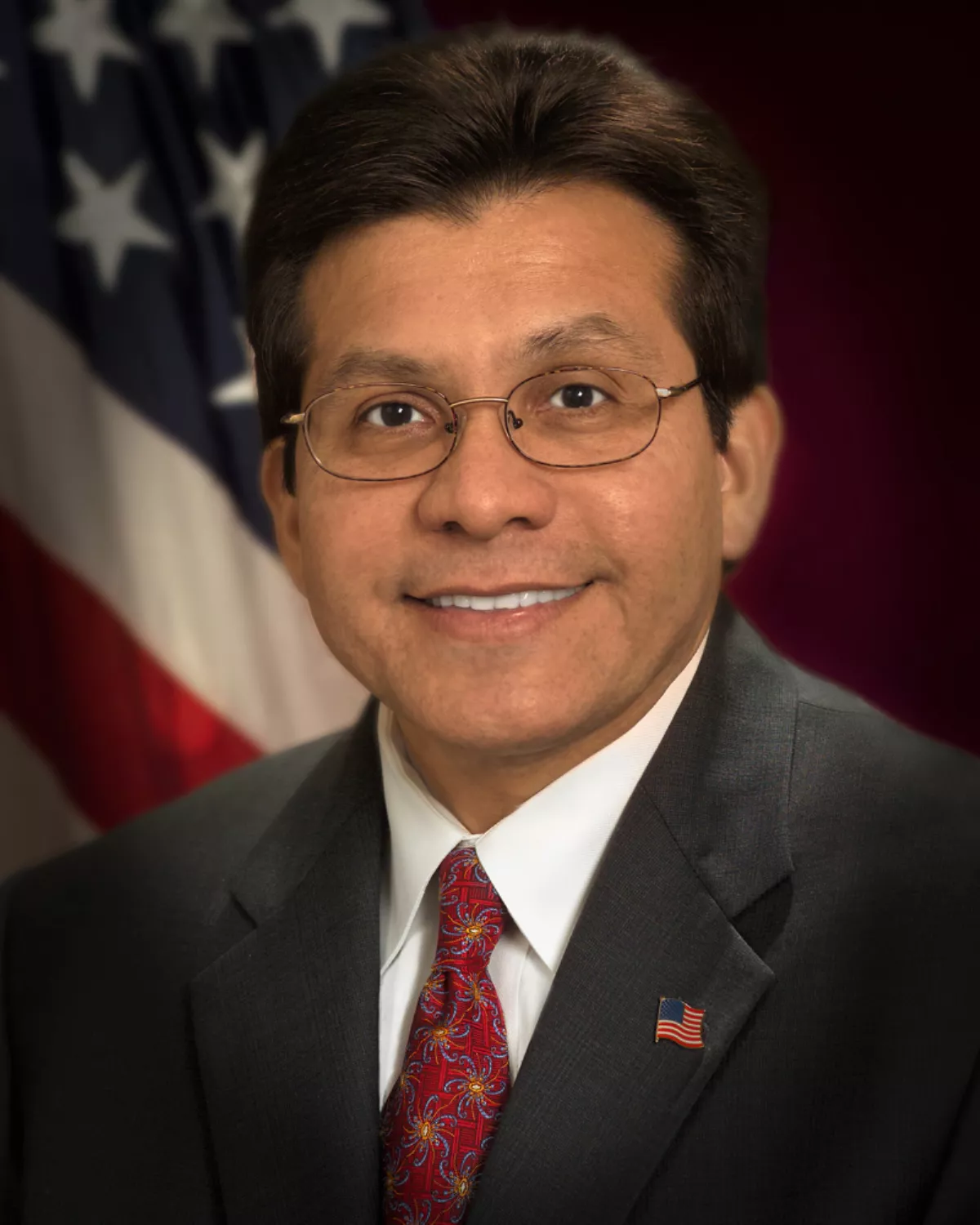 1.
1. Alberto R Gonzales was born on August 4,1955 and is an American lawyer who served as the 80th United States Attorney General from 2005 to 2007 and was the highest-ranking Hispanic American in executive government in American history until the appointment of Marco Rubio as Secretary of State in 2025.